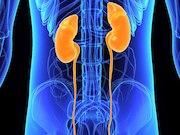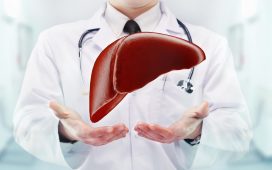Outcomes similar for ODD recipients, recipients of organs from trauma-death, medical-death donors
MONDAY, April 16, 2018 (HealthDay News) — Transplantation of organs from overdose-death donors (ODDs) is associated with similar five-year patient survival and graft survival as organs from trauma-death donors (TDDs) and medical-death donors (MDDs), according to a study published online April 17 in the Annals of Internal Medicine.
Christine M. Durand, M.D., from the Johns Hopkins University School of Medicine in Baltimore, and colleagues conducted a prospective observational cohort study to characterize donors who died of overdose and to examine outcomes among transplant recipients. Participants included 138,565 deceased donors and 337,934 transplant recipients at 297 transplant centers.
A total of 7,313 ODDs and 19,897 ODD transplants were identified. The researchers found that ODDs accounted for 1.1 and 13.4 percent of donors in 2000 and 2017, respectively. ODDs were more likely to be white and aged 21 to 40 years (85.1 and 66.3 percent), to be hepatitis C virus (HCV)-infected (18.3 percent), and to be increased-infectious risk donors (IRDs; 56.4 percent). Standardized five-year patient survival was similar for ODD organ recipients and TDD and MDD recipients. Standardized five-year graft survival was similar for ODD and TDD grafts. Higher kidney discard was seen for ODDs than TDDs or MDDs (standardized risk differences, 5.2 and 1.5 percent, respectively); this difference was attenuated with standardization for HCV and IRD status.
“Concerns about IRD behaviors and hepatitis C among donors lead to excess discard that should be minimized given the current organ shortage,” the authors write.
Two authors disclosed financial ties to the pharmaceutical industry.
Editorial (subscription or payment may be required)
Copyright © 2018 HealthDay. All rights reserved.








